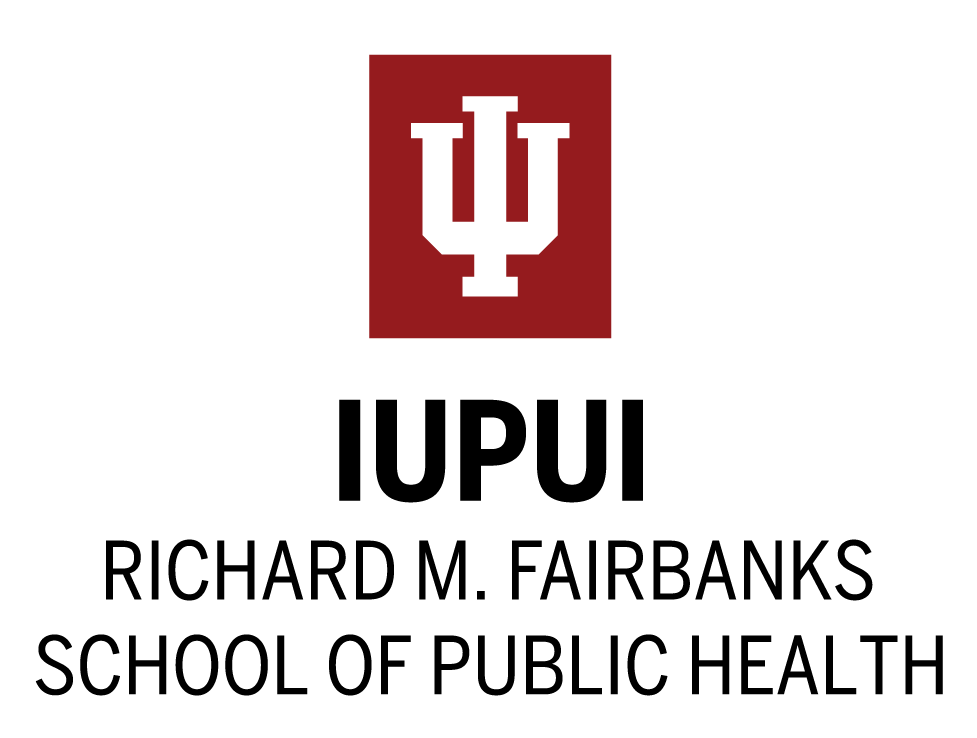Results from the third phase of a scientific study measuring the statewide prevalence of COVID-19 show that -- as of early October -- 7.8 percent of Indiana's population had been infected with the novel coronavirus.
Building on the methodology from this and previous phases, the IUPUI research team estimated that as of Nov. 20, the number of Indiana residents ever infected has increased to 10.6 percent of the population.
In Phase 1, which was conducted in late April, the study found a general population prevalence of 2.8 percent.
"COVID-19 infections are rising across the state, and we are far from achieving herd immunity," said Nir Menachemi, lead scientist on the study and a professor and Fairbanks Endowed Chair in the Indiana University Richard M. Fairbanks School of Public Health at IUPUI and IU Fort Wayne. "Without a vaccine, if the virus continued to spread unabated, over 13,000 Hoosiers would lose their lives, outside of nursing homes, to reach herd immunity of 70 percent infected. That is several times more deaths than have already occurred outside of nursing homes in Indiana."
From October to November, the number of cumulative infections increased 2.8 percentage points overall, with the highest increase in people aged 30 to 49 years old (11.7 percent to 16.5 percent).
The total number of Indiana residents ever infected over the age of 65 increased from 4.3 percent to 6.9 percent. This population is at a higher risk of death from COVID-19.
"As more younger people are becoming infected, the virus is being spread to older, more vulnerable groups of people," Menachemi said. "While younger people are less likely to die from infection, they could be unknowingly spreading the infection to others who might be at higher risk."
Menachemi and his team of IUPUI researchers have contributed groundbreaking scientific knowledge to our understanding of COVID-19 over all three phases of the study, including:
- Finding that more than 40 percent of individuals infected with COVID-19 are asymptomatic.
- Calculating the first generalizable infection-fatality rate for COVID-19 by age, race, ethnicity and sex.
- Finding that one of out of every 11 true infections was identified by testing.
- Identifying the loss of taste and smell as key symptoms specific to novel coronavirus infections.
- Identifying that public health measures, such as shelter-in-place orders, reduced the spread of the virus.
"Because of this study, Indiana is leading the nation in contributing to our collective understanding of COVID-19," Indiana Gov. Eric J. Holcomb said. "We launched this study to gather high-quality information to shape our decision-making in our response to the pandemic. Now, IUPUI scientists are helping to educate others at state and local governments, as well as other universities, on how to do this type of work."
When this study launched in April, it was the first in the nation to scientifically measure the general population prevalence of the novel coronavirus. This was the first step in being able to develop age-specific infection-fatality rates, which allowed Hoosiers to better understand the risks for vulnerable populations such as the elderly.
Across all phases of the study, researchers have continued to see disparities among minority populations. These groups have been among the hardest hit by coronavirus infections.
"Evidence-based research has never been more important than in our fight against COVID-19," said Dr. Kris Box, Indiana state health commissioner. "This study epitomizes the commitment Indiana has to responding to the pandemic and protecting Hoosier health."
The collaboration between the Indiana Department of Health and the Fairbanks School of Public Health selected Indiana residents from a list of state tax files, which included non-institutionalized individuals who were age 5 or older.
"Indiana has played a leadership role in ways to accurately determine the population prevalence of SARS-CoV-2," Menachemi said. "Our work with the Indiana Department of Health continues to demonstrate how research and practice go hand in hand."
Not enough young children participated in the study to generate reliable estimates for that population.
Additional study is planned for 2021.
Other IU researchers on this project include: Justin Blackburn, Brian Dixon, Thomas Duszynski, William Fadel, Paul Halverson, Nadia Unruh Needleman and Constantin Yiannoutsos -- all of the Fairbanks School of Public Health, and Drs. Aaron Carroll and Kara Wools-Kaloustian of the IU School of Medicine.


